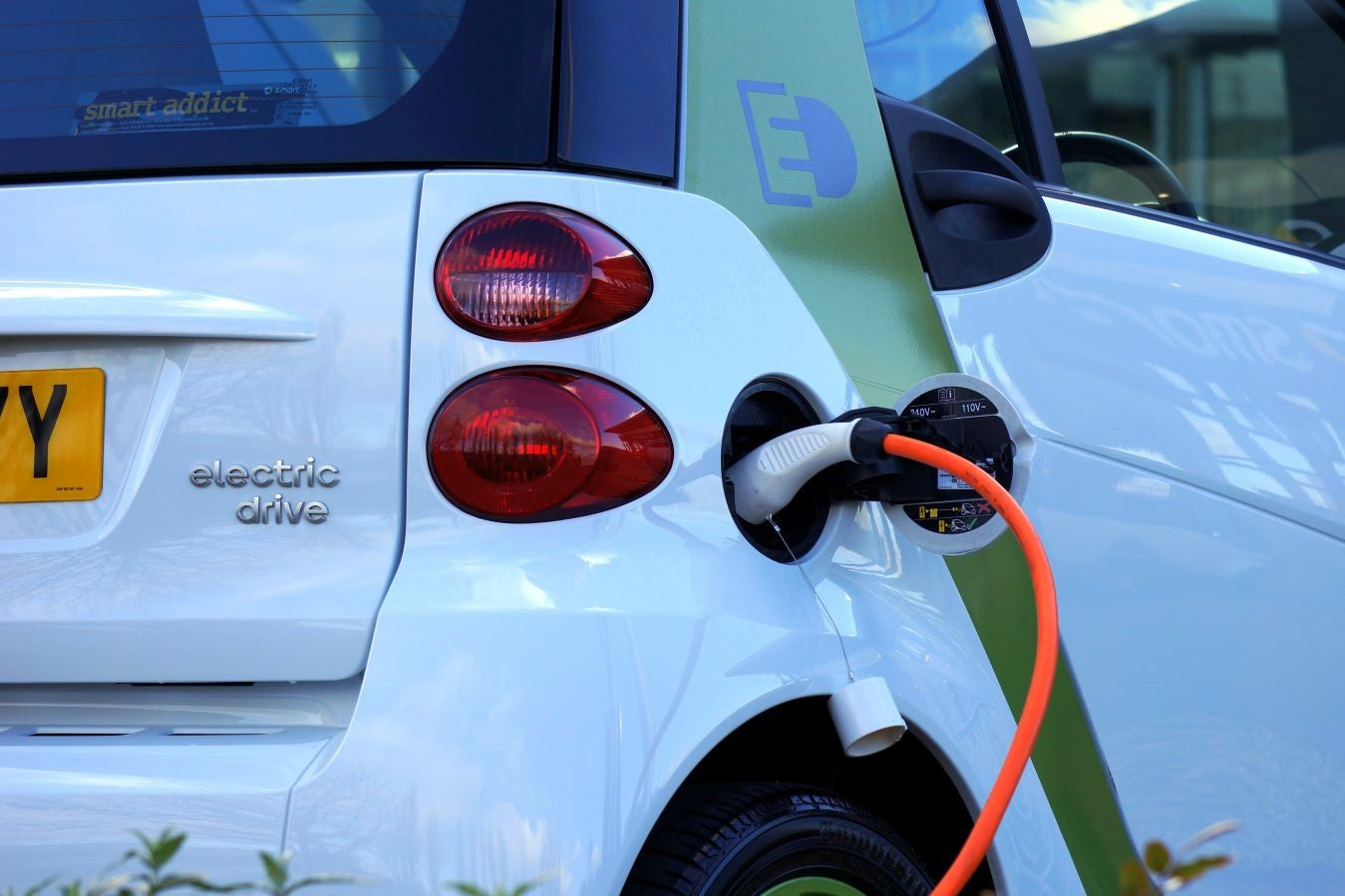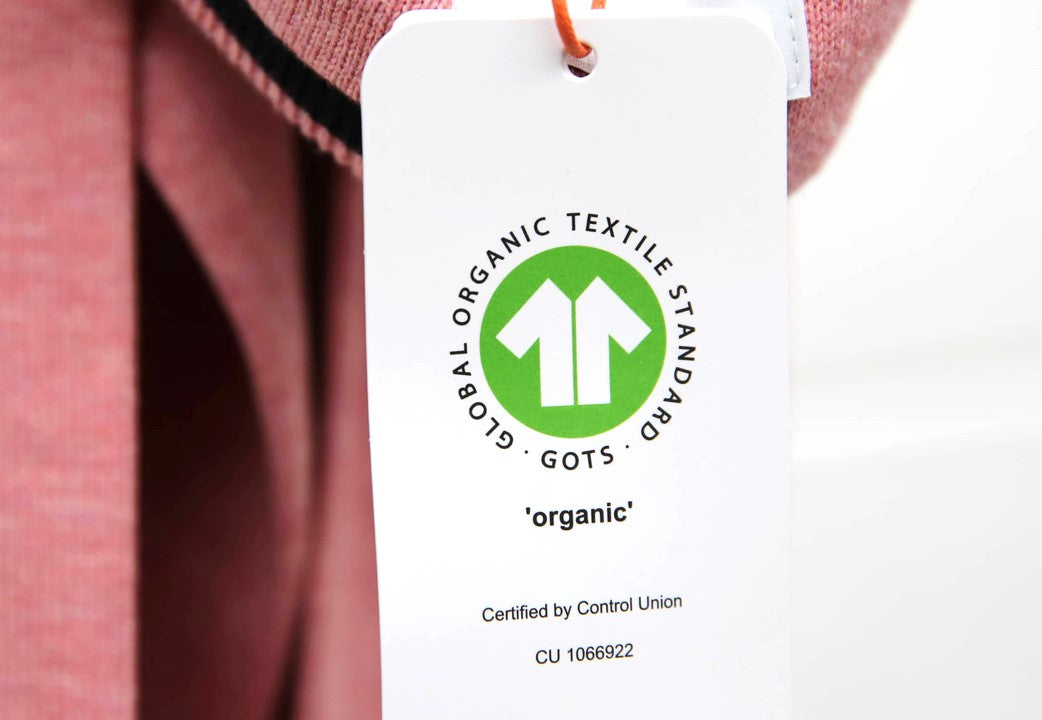Why indeed.
With all the talk surrounding climate change and the climate crisis, responsible and environmentally conscious manufacturing practices and processes, it’s a bit odd that such a shockingly low number of businesses is actually sustainable.
And that’s including all these companies who claim they are, but the reality is very different.
We’d expect so much more from the world, especially since the matter of environmental protection and preservation is so relevant nowadays.
In fact, everything seems to be revolving around it – from the clothing and textile industry to electric cars and zero-emission policies.

So, technically we do seem to realise how important a fight it is. The awareness is there. The demand is there.
What’s even more astonishing is that, according to recent studies, companies that employ sustainable practices don’t seem to suffer any financial losses compared to the “traditional” business model.
It tends to start with a large initial investment and then - they get it all back.
What’s missing then?
Not a Poor Man's Game
Yes, there’s no denying it. Money makes the world go round, right?
It also makes businesses run. And there’s a good reason why there are so many harmful products, less than ethical business practices, cutting corners, and using cheap and non-renewable components – just to name a few. That also happens to be money.
Let’s take our industry, the textile industry, as an example. Synthetics are cheaper and quicker to make than, let’s say, cotton.
And even if we go down the natural fabric route, the excessive use of chemicals and pesticides to grow said cotton is still much cheaper than limiting it and risking losing crop (and money), should anything happen to it. A vicious circle of a sort.

Now, there’s absolutely no reason to discredit businesses for wanting to make a profit. It’s not easy for them either.
The issue here is not that everything’s about greed, but the fact that it’s really hard for them to compete with lower prices, especially if a big chunk of their budget is meant to go into “doing the right thing”- applying responsible and sustainable practices.
It’s immediately reflected in the price – and no wonder.
The issue is, not everyone aims for middle to higher-class clientele. Maybe that market is packed. Maybe this product is meant for somebody else.
Not every customer can afford a fabulous set of Egyptian Cotton easy dry towels and will happily settle for one made with synthetics - for less than half the price.
There’s also a question of the size of a company.
Of course, everything depends on the type of business they’re running, but a small company is typically less likely to go all out for the environment – staying afloat is much more important.
Blurred Lines
Another problem is an unclear definition of “sustainability” in business contexts.
We’ve heard many interpretations of the word, different takes and perspectives.
But there’s no unified set of rules that would make a business truly sustainable. How could there be, if the term itself is so vastly under-defined?
Let’s once again use the textile industry. We know we’ve got various types of reliable “green” certifications. They make sure the fabric itself is indeed produced in an environmentally conscious manner.

And that’s great – the world needs unbiased governing bodies overlooking these processes, otherwise, consumers would much more easily fall for not-so-thinly-veiled gimmicks and marketing stunts (which are out there, nevertheless).
But even if everything is done by the book, let’s think about transportation.
Let’s consider shipping, sourcing materials from a different country to make them into clothes on the other part of the globe and then shipping them back elsewhere to finally send an end product to the consumer anywhere in the world. Is that environmentally friendly?
The amount of emissions caused by planes and ships cancels out all the effort, doesn’t it? Yes and no.
Because the same process, but with the heavy use of pesticides, chemicals and water is still way worse.
So certified ribbed towels are always better than polyester ones. A natural bath mat is still an improvement compared to its synthetic counterpart.
That vagueness in defining the term is clearly contributing to the issue itself. A business can do two things the eco-friendly way, and with five other things - it can go the opposite route.
It also creates another issue, which is a lack of accountability.
Levels
We’ve already touched upon this issue to some extent. It would appear there are bits of sustainability here and there, but no universal rules to connect the dots and make it into a unified system. We pay attention to one aspect but neglect the other.
That’s just confusing and we don’t really seem to have reliable tools to measure the impact of one action or the other, which means – neither do businesses.
A great example is electricity.
With so many efforts to promote renewable energy, many companies started buying their electricity from these sources to reduce carbon emissions and save money. That makes financial sense.

However, a lot of environmentalists bring up an interesting point here.
Apparently, the materials used in solar panels are not mined sustainably, while the panels - are not recyclable. If we add cheap manufacturing to this equation, we’re actually contributing to the landfill pollution problem.
What about large corporations who need plastic bottles for their products? Some of them produce as many as 110 million every year.
And despite claims and actions to reduce their environmental impact, most of them are far from achieving even a neutral footprint, let alone contributing something positive.
Government Incentive
Or rather – the lack thereof.
To add to overall confusion, it seems that government policies around the world don’t support these efforts.
They do have a fair share of tools to do so – from taxes to various regulations, legislation, additional opportunities and subsidies.

Despite all that, we hardly ever hear about a unified front – even within the same country, let alone internationally. It sort of circles back to that vagueness of the term we mentioned in the beginning.
Now it’s becoming apparent – it’s not only the definition that’s lacking. Businesses may be confused, because no one’s taking responsibility to define it, especially legally speaking.
Let’s not get carried away either. As fun as it is to blame everything on politicians – this really is a complex matter.
Consumerism
We’ve mentioned evil corporations, medium to small businesses and governments, but there’s one more party responsible for the state of affairs – and it’s us, the people. A consumer.
We still so often fail to support or even seek to make more environmentally conscious decisions. Often the only thing we care about is the price.
It doesn’t matter how disposable certain products are or whether our closet is overflowing with articles of clothing.

And despite all the efforts to raise awareness, consumers around the world still fail to consider the shipping and related carbon footprint, the packaging and its environmental impact, and more.
Unfortunately, “I want it all, and I want it now” is the attitude so many people have nowadays.
Businesses, unless their whole identity is built around it, won’t invest in sustainable solutions – it doesn’t make much sense if their customers don’t care.
Fundamental Discrepancy
The last reason we’d like to mention is a bit of a mentality issue. But it goes deeper than that.
Yes, sustainability can mean a lot of different things, but we can probably all agree that the main idea is to produce and consume less to protect the planet. Certainly, an oversimplification, but it makes sense.
With that being said, let’s think about all the capsule wardrobe ideas. Let’s think about more durable products, like a stone bath mat (this kind of bath mat dries quickly), organic cotton T-shirts, better phones, Japanese denim – the list can go on and on.

When you get a quality product that can last you for years, the need to buy is eliminated. And that’s bad for business. Who can stay afloat if people buy from them every 10 years, right?
Again, with so many potential buyers this may or may not be true. Let’s take Casio, for example.
They seem to be doing fine, even though, some of their batteries have a 10-year guarantee on them.
Patagonia, one of the leading outdoor clothing and gear manufacturers, aims to reach more people, but they want their regular customers to buy less (yes, from them as well) – so it can be done.
It's a Team Effort
Running a business is not easy, but running a truly sustainable one (whatever that means) is a next-level endeavour.
Unfortunately, at the moment, there’s not that much help – just the push to go green.
But the fact of the matter is that governments, businesses and consumers have a role to play here. We can’t just place the blame on one party and pretend like it doesn’t concern the rest of us.
It’ll require cooperation and better vision, but hopefully – we’ll get there. The notion of sustainability was coined only about 50 years ago, and we’re already doing way better than in the beginning.
Things aren’t perfect, but they’re heading in the right direction. Let’s work together to make sure they maintain this course by making sustainable choices where we can.

